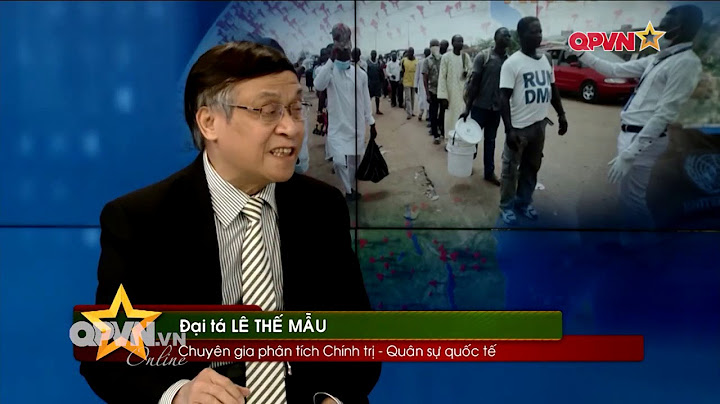In the event of any such breach or threatened breach of such marketing contract by a member the association shall be entitled to an injunction to prevent the further breach of the contract and to a decree of specific performance thereof. Pending the adjudication of such an action and upon filing a verified complaint showing the breach or threatened breach, and upon filing sufficient bond, the association shall be entitled to a temporary restraining order and preliminary injunction against the member. An employer may find itself in a position where, without immediate relief, it may suffer a loss that cannot be made whole by monetary damages alone. For example, a party may feel that a breach of contract or impending breach of contract requires immediate action to protect its interests and prevent further harm. Under these circumstances, the employer may seek injunctive relief in the form of either a preliminary injunction or a temporary restraining order. Preliminary injunctions restrain a party from going ahead with a course of conduct or compel a party to continue with a course of conduct until the case has been decided. A temporary restraining order or a TRO is generally used to prevent irreparable harm and to preserve the status quo until the court decides whether or not to issue a preliminary injunction. Injunctive relief is a unique remedy with difficult standards and potentially expensive consequences if the employer fails to make its case. New Jersey Courts are to exercise great “caution, deliberation and sound discretion” when considering a party’s request for injunctive relief. Sherman v. Sherman, 330 N.J.Super. 638 (Ch. Div. 1999). When determining whether to pursue this extraordinary remedy, it is recommended that employers seek the advice of counsel to assist in evaluating the likelihood of obtaining the relief sought against the costs associated with seeking such relief. SOLUTION: Analyze the Likelihood of Obtaining Injunctive Relief Before Making a Determination. To obtain injunctive relief, an employer needs to demonstrate the following five factors by clear and convincing evidence: Irreparable Harm Perhaps the most important factor courts will look to in determining whether injunctive relief is warranted is whether the party will suffer irreparable harm in the absence of the relief being sought. Irreparable harm is generally defined as harm that cannot be adequately redressed by monetary damages, such that the employer has no adequate remedy at law. Irreparable harm must be substantial and imminent; it cannot be remote or speculative. Balance of Hardships Courts will also take into consideration what hardship the adverse party will suffer, if any, in the event injunctive relief is granted. It will then weigh that hardship against that which the moving party would suffer if relief is not granted. In making this determination, courts often take into consideration whether the injunction would cause the adverse party to suffer serious financial harm, lose business relationships, or impair an individual’s ability to earn a livelihood. Success on the Merits and Settled Legal Right This factor simply means that there is a valid basis on which the moving party may be successful at the conclusion of the litigation. While this element does not require the plaintiff to prove its case at this early stage, the court will take into account whether there are material facts in question when determining whether or not to award injunctive relief. Public Interest Factor Courts will also take into account the impact the injunctive relief may have on the public interest. While this factor isn’t always weighed as heavily as the others, if the moving party can demonstrate that the relief sought may advance the public interest, courts may be more inclined to grant injunctive relief. Conversely, if the relief sought is detrimental to an issue of public importance, injunctive relief is less likely to be awarded. If, after reviewing these factors, an employer has determined that it will likely meet the standard for obtaining injunctive relief, the costs associated with obtaining such relief should also be evaluated prior to moving forward with any formal application to the court. These costs include the expense associated with filing the appropriate paperwork to seek the relief sought, including a possible application for a TRO, the risk of being countersued and the cost of defending against any potential counterclaims, as well as any future legal fees involved in trying the underlying claims to completion. If you have any specific questions about whether or not to seek injunctive relief, please contact our office directly. Rule 65 deals solely with the procedural aspects of injunctive relief, not with the court’s exercise of discretion in granting or denying it, which remains subject to common-law principles…. Rule 65 lays out the requirements for obtaining immediate relief (a temporary restraining order, or TRO), as well as intermediate relief (a preliminary injunction), and permanent relief (a judgment, or final decree). Although as used in Rule 65, the terms “injunction” and “restraining order” literally imply restraint or inaction, it is clear that the rule also covers any order requiring affirmative action, the so-called mandatory injunction. Injunctive relief, however, is not appropriate where the issues can be resolved through the ordinary trial and appellate process…. Massachusetts Practice Series, Rules Practice, vol. 7, Rule 65 (2nd Ed.) Form and scope of restraining order or injunction:“[A]n injunction or restraining order shall be specific in terms; shall describe in reasonable detail, and not by reference to the complaint or other document, the act or acts sought to be restrained; and is binding only upon the parties to the action, their officers, agents, servants, employees, and attorneys, and upon those persons in active concert or participation with them who receive actual notice of the order by personal service or otherwise.” Rule 65(d) Security:“[N]o restraining order or preliminary injunction shall issue except upon the giving of security by the applicant, in such sum as the court deems proper, for the payment of such costs and damages as may be incurred or suffered by any party who is found to have been wrongfully enjoined or restrained." Rule 65(c) Standard for Preliminary Injunctive Relief:Packaging Industry Group, Inc. v. Cheney, 380 Mass. 609 (1980) “[W]hen asked to grant a preliminary injunction, the judge initially evaluates in combination the moving party’s claim of injury and chance of success on the merits. If the judge is convinced that failure to issue the injunction would subject the moving party to a substantial risk of irreparable harm, … the judge must then balance this risk against any similar risk of irreparable harm which granting the injunction would create for the opposing party. What matters as to each party is not the raw amount of irreparable harm the party might conceivably suffer, but rather the risk of such harm in light of the party’s chance of success on the merits. Only where the balance between these risks cuts in favor of the moving party may a preliminary injunction properly issue." |




















